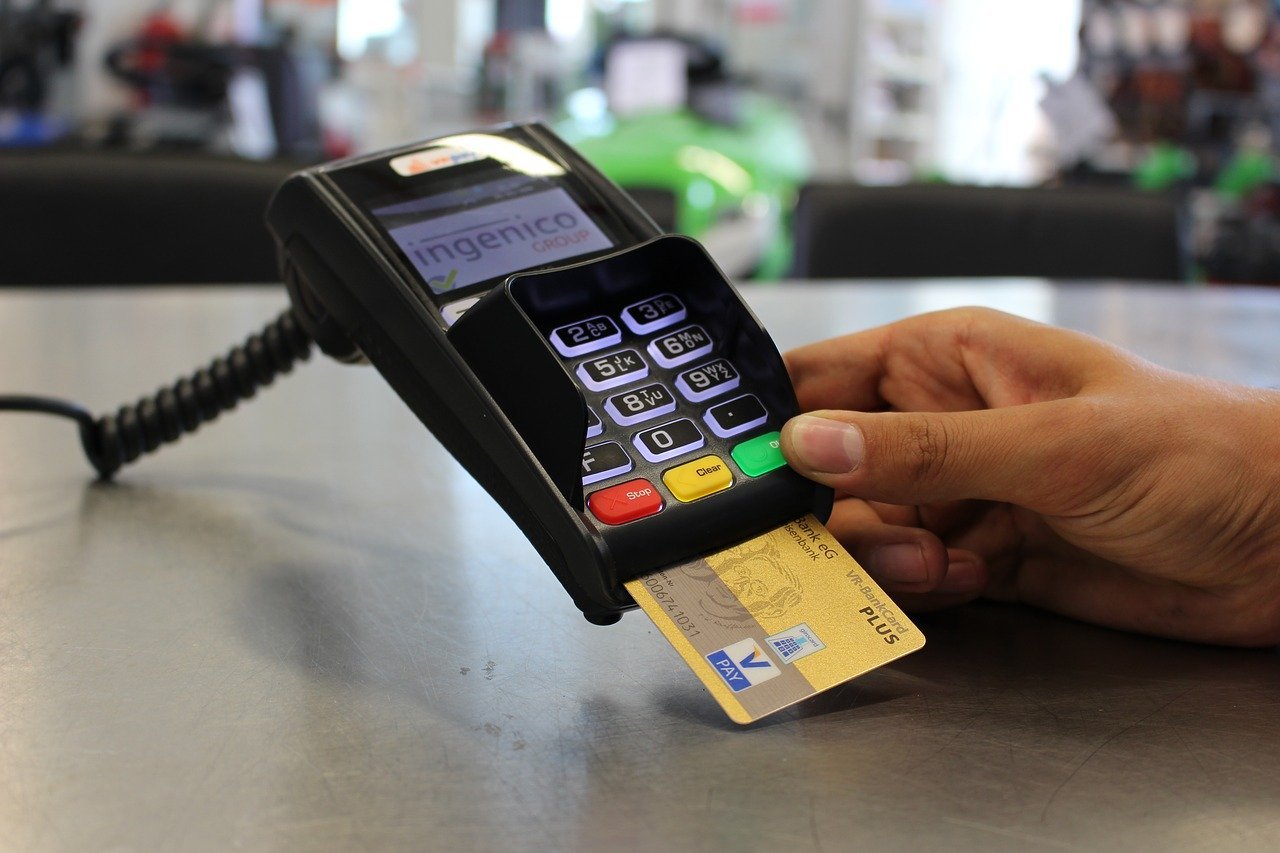The pros and cons of credit card usage
Credit cards are a convenient way to make purchases, but if not kept in check, they can quickly become your financial undoing. Whether you are considering applying for your first card or your fifth, it is important to consider all sides of credit card usage. Here are the facts.
Credit card pros
You can start building credit. You will need a good credit score if you want to buy a car or a home, or even make smaller purchases that you can’t front the cash for immediately. A credit card can help you get there by enabling you to build credit. The responsible use of a credit card — that is, making all the payments on time and carrying a low (if any) balance — signals to rating agencies that you are a trustworthy buyer.
Rewards can actually earn you money. If you study the terms of your credit card contract, you could actually make it work for you. Many companies will offer promotions like cash back on purchases and mileage toward travel if you use your credit card at certain types of merchants such as grocery stores and gas stations.
Credit cards are more secure than debit cards. If you are ever a victim of card fraud, it will be much easier to recover your funds with a credit card. With debit cards, or prepaid credit cards, the money has to actually be replaced instead of simply reversing the charges, which can make recovering from a fraudulent incident more time-consuming.
Credit card cons
Credit card debt doesn’t help you. With student loans, you are investing in an education that could possibly increase your earning potential. And with a mortgage, you are putting your money towards a home that could possibly increase in value over time. The only thing that increases with credit card debt is the amount of interest you owe on your balance. For this reason, many credit experts will tell you that credit card debt is one of the worst kinds of debt to hold.
The fine print can be tricky. Credit card companies don’t often publicize account fees and penalty payment terms in the same large, bright text that they use to advertise a zero-percent interest starting rate, and there’s a good reason for that. If you don’t become well-versed in credit card lingo before opening an account, your chances of incurring extra fees will be through the roof. And even if you do read the fine print, sometimes the language used within it is so evasive that you still don’t understand how to be the perfect credit card holder, so it’s better to speak with a representative via telephone.
The temptation to overspend is makes credit card dangerous. For most consumers, it may seem like conventional wisdom to spend only what you can afford to. However, credit cards make it more difficult to realize when you’ve reached your limit. Especially if you use them for everyday purchases such as food and gas, you may not remember every charge that you’ve put on your account. In fact, most people don’t know what their balance is from day to day.
However, whether credit cards are beneficial for you depends largely on how you use yours. If you keep the pros and cons in mind when you swipe, you’ll be closer to financial success.




Knowing the best ways to use credit cards can help you control amount of debt you accumulate. Paying off your debt can become easier if you do not keep re-accumulating it.